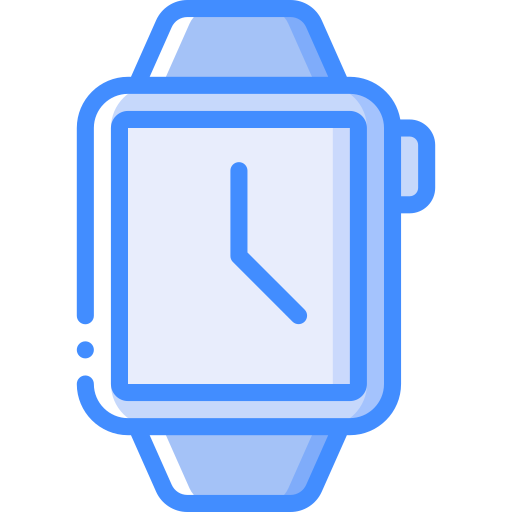The Dark Side of Smartphone Addiction: A Deep Dive
Unveiling the Impact
Smartphone addiction has become a growing concern globally, particularly due to its psychological effects on individuals. Recent studies have shed light on the complex relationship between smartphone use and mental health, revealing a spectrum of psychological distress and neuroticism linked to excessive smartphone engagement.
The Psychological Distress Connection
A study examining the prevalence of smartphone addiction among university medical students found that around 40.6% were considered addicted to their smartphones. This addiction was notably higher among male students compared to females. The research highlighted a significant correlation between smartphone addiction and psychological health, showing a fair positive correlation with depression, anxiety, and stress. Moreover, a poor positive correlation was observed with neuroticism, indicating that as smartphone addiction increases, so do these psychological distresses (BioMed Central).
Sleep Quality and Social Well-Being
The blue light emitted by smartphone screens is known to interfere with melatonin levels, a hormone crucial for regulating sleep, while electromagnetic fields from phones may affect brain activity. A meta-analysis pointed out an increased risk of poor sleep quality among smartphone addicts. In addition to sleep disturbances, smartphone addiction is positively correlated with feelings of loneliness. This underlines the adverse impacts on both sleep and social well-being, emphasizing the need for moderated use (PLOS).
Amplifying Anxiety and Boredom
Smartphone overuse can exacerbate feelings of anxiety and boredom. Users often develop a “reassurance seeking” behavior, compulsively checking notifications to alleviate feelings of depression and anxiety. This constant engagement with smartphones, driven by the fear of missing out, can paradoxically lead to increased feelings of loneliness and disconnection, indicating a cycle of dependence and emotional distress (Psychiatrist.com).
Combating Smartphone Addiction
Addressing smartphone addiction requires a multifaceted approach. Strategies include promoting better sleep habits, encouraging engagement in more fulfilling offline activities, and possibly seeking behavioral therapy. Cognitive-behavioral therapy has been suggested as an effective method to teach self-control and reduce compulsive usage of phones, internet, and social media. Engaging in personal and social activities that alleviate boredom and foster real-life connections can also serve as a preventive measure against smartphone addiction.
Conclusion
As our reliance on smartphones continues to grow, understanding and addressing the underlying psychological effects of their overuse is crucial. By fostering awareness, encouraging healthier usage patterns, and implementing effective intervention strategies, we can mitigate the negative impacts of smartphone addiction on mental health and social well-being. For further insights and support on managing smartphone use, The Fix Solutions offers resources and guidance to navigate the challenges of digital well-being.
